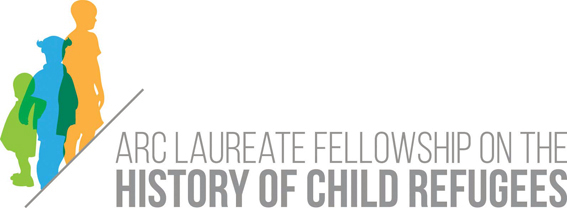About
This project explores the changing nature of Australian internationalism during the twentieth and twenty-first centuries through a study of a history of child refugees and campaigns undertaken on behalf of child refugees conducted by relief agencies and humanitarian organisations.

The project examines the history of Australian immigration policy and the government bureaucracy that manages it, with specific reference to child refugees, which will produce new insights into shifts in public policy over time and the factors that contribute to these shifts.
It also addresses the social, cultural and economic contributions of child refugees to Australia in all aspects of business, culture and society through an oral history of child refugees. It considers the factors that have enhanced or limited the success of child refugees of recent arrivals from the 1970s onwards by examining the experience of refugee children in three specific communities - the Vietnamese (1970s and 1980s); Sri Lankan and Bosnian communities (1990s and 2000s).
Finally, it will explore shifting understanding of child refugees through the various visual imagery utilised over several decades such as photography, film, newsreel and television footage to convey particular meanings about child refugees and the influence of the visual medium in mobilising support or opposition to child refugees.
Follow our researchers at work on Twitter and on our blog.
Banner image: Dr Avishai Teicher. Kindertransport memorial in Gdansk - Kindertransport - The Arrival (2006) by Frank Meisler (detail), 2013 CC Attribution-Share Alike 3.0